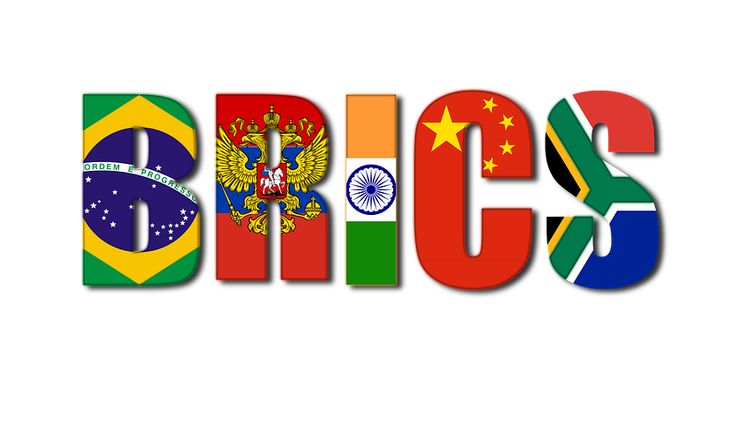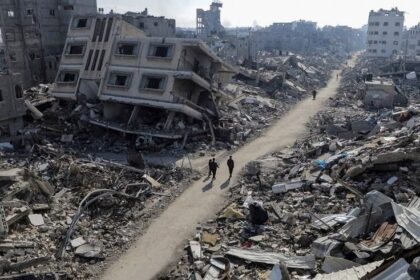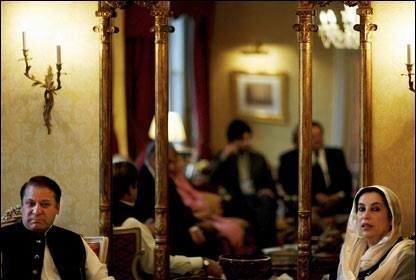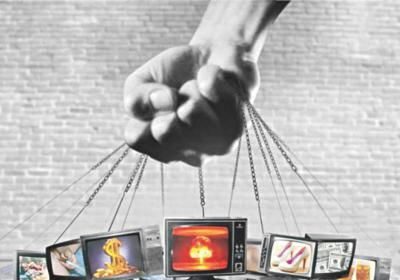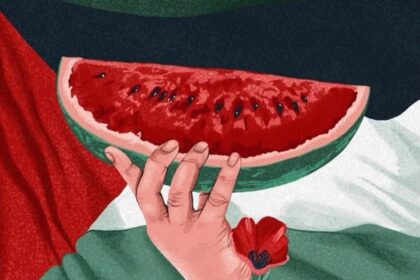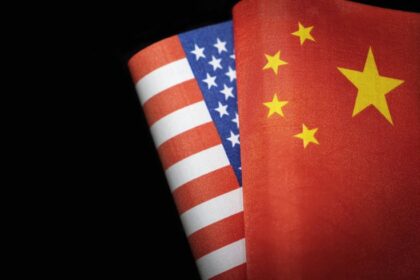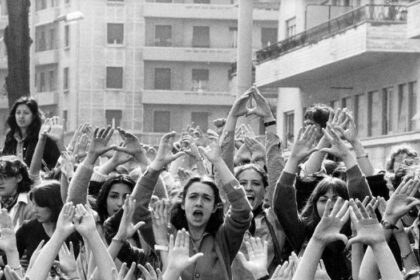Multipolarity is defined as a global system where several powerful countries or blocs share influence, instead of one (unipolar) or two (bipolar) dominating, allowing competition to be maintained between countries. Over the past two decades, the global discourse has witnessed a tectonic shift: the apparent decline of U.S. unipolar dominance and the rise of a “multipolar” world order.
The need for multipolarity is stemmed from the need for competition—competing powers may invest more in technology, diplomacy, and development to gain influence, which can benefit others (e.g., infrastructure investments in Africa). However, this assumption is, at best, premature and, at worst, fundamentally flawed. The uncritical celebration of multipolarity often overlooks that the mere redistribution of power among states does not equate to the redistribution of justice among peoples.
Nowhere is this phenomenon more symbolically and strategically captured than in the political and economic trajectory of BRICS—an alliance between Brazil, Russia, India, China, and South Africa. Many see BRICS as the vanguard of a new world; an axis of the South that promises a future no longer dictated by the U.S.
The rage around BRICS is built on a dangerous conflation: that because these states challenge U.S. dominance, they must therefore stand for a liberated alternative. But beneath the anti-Western posture, there is a grim continuity with the old order’s agendas, captured through Brazil and South Africa’s deep structural inequality, endemic corruption, and elite co-optation.
Yet this anti-Western orientation is not grounded in a coherent project of global justice. Rather, it is a tactical strategy by each state to shield themselves from Western criticism while consolidating their own domestic or regional power. The bloc demands “reform” of global institutions like the IMF, World Bank, and UN Security Council. The goal is inclusion of new elites, not transformation of global rules. Here, anti-Westernism becomes a discursive tool to reassert sovereign power, not a genuine commitment to dismantling the hierarchies that shape the global system or to addressing internal inequalities.
From a political economy perspective, the celebration of BRICS as a progressive alternative ignores the nature of contemporary capitalism. The members of BRICS are not resisting global capitalism—they are embedded within it.
Take, for example, the Chinese, whose global influence increasingly mirrors the very practices it critiques: opaque loans that entrap nations in debt dependency or companies that undermine labour rights and environmental protections. Domestically, China presides over a techno-authoritarian state that crushes dissent and subjects minorities such as the Uyghurs and Tibetans to brutal repression. Or consider India, which under Narendra Modi’s leadership, has drifted ever closer to ethnonationalist authoritarianism. Religious minorities are increasingly targeted, press freedom is under siege, and opposing voices are treated as enemies of the state. India has done little to defend democratic substance at home whilst criticising the Western agenda.
For citizens in these countries, the presence of BRICS can create the impression of geopolitical empowerment while their own economic or socio-political conditions remain unchanged or deteriorating. It suggests a horizontal shift in global power when what is urgently needed is a vertical redistribution of power within societies—in the form of redistribution of income, recognition of minorities, ecological sustainability, gender justice, and racial equity. But because these changes threaten the very elites who benefit from the current socio-political situation, they are hardly considered.
Multipolarity is not, by default, liberation. Although it can create new spaces for resistance. The challenge is not merely to redistribute power among states but to democratise power at every level: local, national, and international. That means supporting movements, not just governments, building transnational solidarity, and imagining a world where justice is not measured by a nation’s ability to defy the West but by its capacity to serve its people. There are movements across the globe already engaged in this work (e.g., resisting digital surveillance in India or challenging colonialism in Palestine). These movements offer a far more authentic vision of liberation than the BRICS summits ever could. They remind us that justice cannot be brokered in elite forums—it must be lived, struggled for, and sustained by the people most affected by its absence.
If the unipolar world is dying, we should not simply welcome its replacement. True liberation will not come from a rebranding of power. It will come from the dismantling of power through the redistribution of power. There is no doubt that Western imperialism has produced profound violence, inequality, and historical trauma. The desire to challenge its legacy is just and necessary. But the reality is that simply rearranging state power cannot undo centuries of structural domination. Without a commitment to justice and redistribution, multipolarity risks becoming closer to the imperialism than the democracy it advertises.






